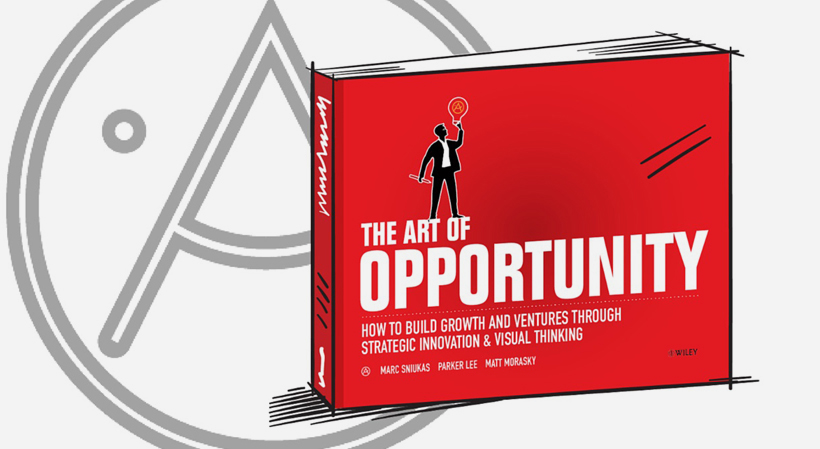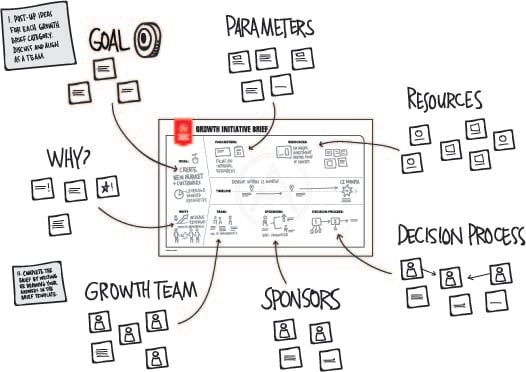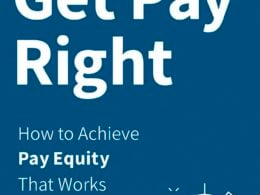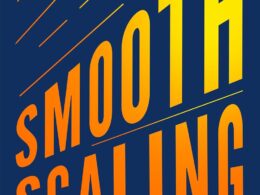StartupNation has partnered with “The Art of Opportunity” to provide an exclusive content series for our readers.
While traditional strategy would have you focus on products and services, strategic innovation means you will carefully design your strategy as the elegant combination of the following three components:
- Offering: The unique blend of products, services, and the customer experience.
- Business model: The way you operate and the activities necessary to do business. Your business model is the necessary set of activities to create and deliver your offering, in a specified sequence of these activities, employing the skills, capabilities, and assets necessary to do so and identifying who provides them, plus how you work with your partners.
- Revenue model: Where the money will come from, how you set prices, and how payment is done.

Innovation can come from each of the three parts of your strategy. In the process of building your strategy, you should cycle back and forth between the three dimensions as each component informs the other, and you will apply recursive review and evaluation to hone and evolve your strategy. To be an agile and adaptive company, be sure all three parts are integrated and support each other. To create a compelling strategy, revisit your strategy often and revise and adjust the blend of each strategy component.
Let’s take a look at the first component of strategy: your offering.
The components of your offering are:
- Products: Think of a product as a tangible or intangible good that you sell that can usually, or to some degree, be directly experienced—seen, touched, smelled, or tasted, as well as tested.
- Services: A service is an activity you provide that cannot be stored or owned. Services are typically consumed at the point of sale and the moment they are provided.
- Customer experiences: Customer experiences go beyond merely selling products and services, and focus on your interactions with your customers during all points of contact with your company, product, or service. These interaction points include every step along the customer journey.
Taken together, the three components of your offering are what create value for your customers by meeting their needs in a satisfactory manner.
Verizon Small Business Digital Ready: Training You Need to Seize Your Opportunity
The second component of your strategy is your business model, which is a holistic system. This system is comprised of these four elements:
- Activities needed to create and deliver your offering
- Resources necessary to perform these activities
- Sequence and processes of how these activities are being performed
- Roles within organizational units and external partners who perform these activities
The last component of your strategy is your revenue model, which is based upon your revenue stream, and your pricing and payment mechanisms. To understand your revenue stream, think of where the firm’s money comes from and what is being paid for? Revenue streams are the paths through which money comes to your company or, in other words, what customers pay for.
Pricing mechanisms define how much will be paid for your products and services and how the prices will be set. Traditionally, prices tend to be fixed and are set based on a cost-plus strategy, or compared to what competitors charge. An innovative pricing system lets customers determine what they are willing to pay.
Payment mechanisms determine when, how often, and in which form you will be paid. Payment timings vary from paying in advance to paying after you have received the goods or services. Or one can receive payment through installments or based on milestone completion. Frequency can go from paying once to recurring payments.
Time to start crafting! Elegantly weave the components of your business strategy to create value for your customers and you will find that competitive edge.
Receive the StartupNation newsletter!
The Growth Initiative Brief activity builds a framework to focus your efforts and evaluate your progress. Here’s an example:
Download your own template and Growth Initiative Brief activity instructions here, or go the theartofopportunity.net.
“The Art of Opportunity” is available now wherever fine books are sold.







